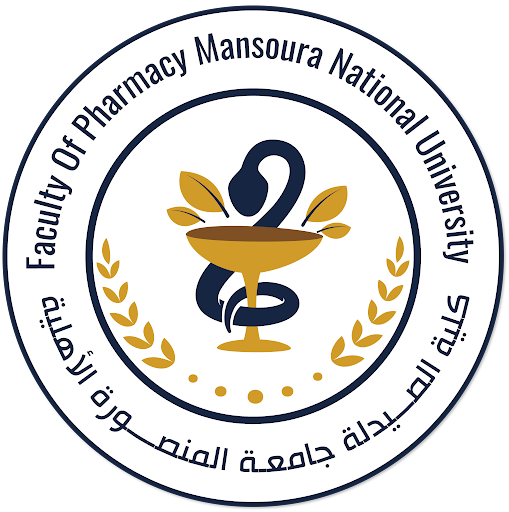
Clinical Pharmacy
Our Goals
We aim to produce qualified and distinguished professionals who can compete in pharmaceutical sciences, keep up with advancements in pharmaceutical sciences, quality control laboratories, marketing, and scientific research. The college also focuses on establishing a solid intellectual and scientific foundation for students, equipped with research services that benefit the community and improve the pharmaceutical industry through the development of successful practice models. The college is significantly invested in aligning students with the pharmaceutical market needs by conducting regular scientific seminars and workshops.
Contact US
Moreover, these activities foster teamwork and innovation among students, teaching them how to engage with others respectfully, openly, and confidently in pursuit of common goals. It also develops students' self-learning skills in leadership and administrative experience.
Pharm-D Clinical Program
Degree:
Graduates of MNU are awarded a bachelor’s degree in clinical pharmacy according to the credit hour system through the innovative Pharm-D Clinical program. This professional degree is essential in pharmaceutical sciences for obtaining a pharmacy license in Egypt and practicing the diverse and rewarding pharmacy profession.
Study System:
The program is based on learning through theoretical lectures, practical lessons, workshops, field exercises, research, and presentations, in addition to collaboration with the community surrounding the university. The college combines e-learning and physical attendance, achieving the greatest benefit in teaching and student communication.
According to the credit hour system, the Pharm-D Clinical program is a five-year program taught over ten semesters and includes a one-year residency and one year of advanced training (5 + 1). Our program enriches students' time during summer vacations through practical training in industrial facilities, private and official pharmacies, and hospital pharmacies, amounting to 100 hours after the third level and before the sixth year.
Our courses are delivered by competent faculty members selected from Mansoura University, one of the top Egyptian universities. The credit hour is used as a study unit and is equivalent to one hour of weekly theoretical study or a practical lesson of at least two hours per week, taught over one semester.
Each academic level (year) consists of fall and spring semesters, each lasting fifteen weeks, including exams. Some courses can be taught intensively over six to eight weeks during the summer. The mid-year vacation is in January each year or according to the annual schedule of the university council.
Students can pass failed courses or improve their cumulative GPA by registering for summer courses up to a maximum of 10 credit hours to meet the total academic hours for the level.
Language of Study:
Our program primarily uses English for courses; however, Arabic may be used for some courses based on the recommendation of the Teaching and Student Affairs Committee and the approval of the college and university councils.
Field Training and Residency:
The student must complete an initial field training period in official pharmacies and hospital pharmacies, amounting to 100 hours during the summer vacation after the third level and before the sixth year. The student is considered to have successfully completed this training upon receiving a grade in the report from academic supervisors appointed by the college council and pharmaceutical institution managers.
The student must also complete a graduation project during this year in any pharmaceutical field of their choice.
The clinical training program should cover most different clinical branches, such as cardiology, oncology, clinical nutrition, neurology, drug information, clinical trials, etc.
Professional Work Areas in Clinical Pharmacy:
By the end of the Pharm-D Clinical program, graduates will:
- Have a strong and distinctive scientific foundation in basic sciences, pharmaceutical sciences, and clinical pharmacy.
- Be skilled in conducting experiments, performing necessary pharmaceutical calculations, and preparing pharmaceutical prescriptions.
- Be capable of establishing and managing private pharmaceutical projects, such as private pharmacies, drug stores, or establishing pharmaceutical factories according to international standards.
- Be capable of identifying and qualifying raw materials and supervising quality control laboratories.
- Have extensive experience in private pharmacies, pharmaceutical factories, healthcare environments, hospitals, outpatient clinics, emergency departments, community pharmacies, doctor's offices, community clinics, and managed care institutions. Additionally, they can pursue postgraduate studies (master's and doctorate).
- Be qualified to provide patient care, which includes the appropriate selection and guidance of drugs and the correct dosage for patients according to their health conditions.
- Be qualified to understand and dispense patient prescriptions and clarify related information (pharmaceutical dosages, drug interactions, side effects).
- Possess the appropriate scientific knowledge and practical experience in all pharmacy disciplines and subjects, enabling them to pursue their educational careers in any advanced specialty they desire at prestigious international universities.




